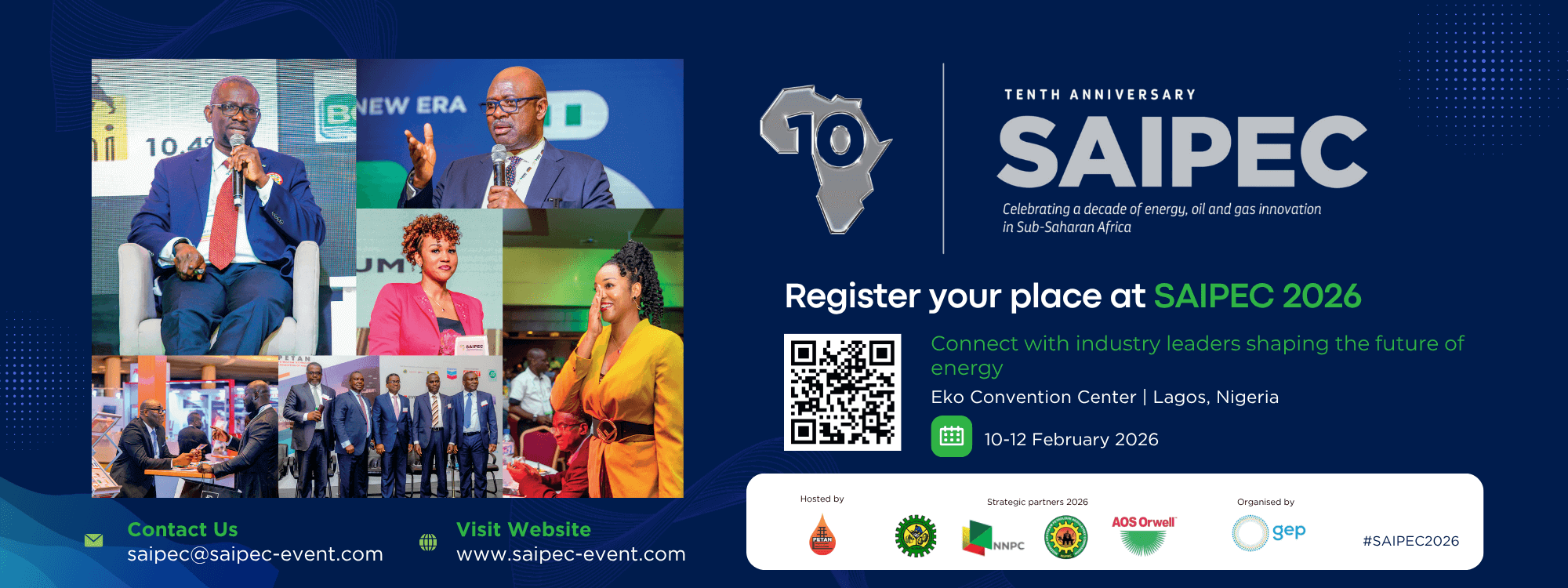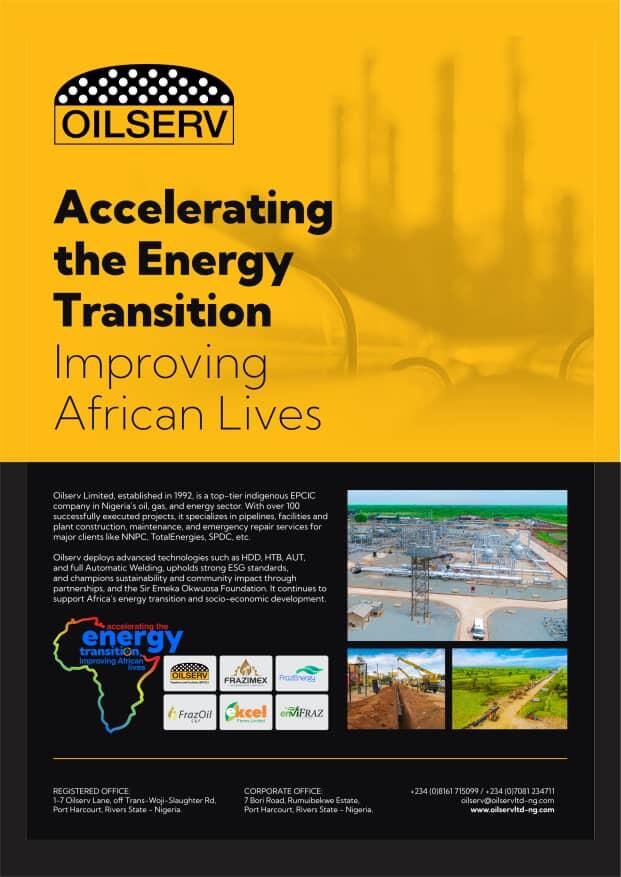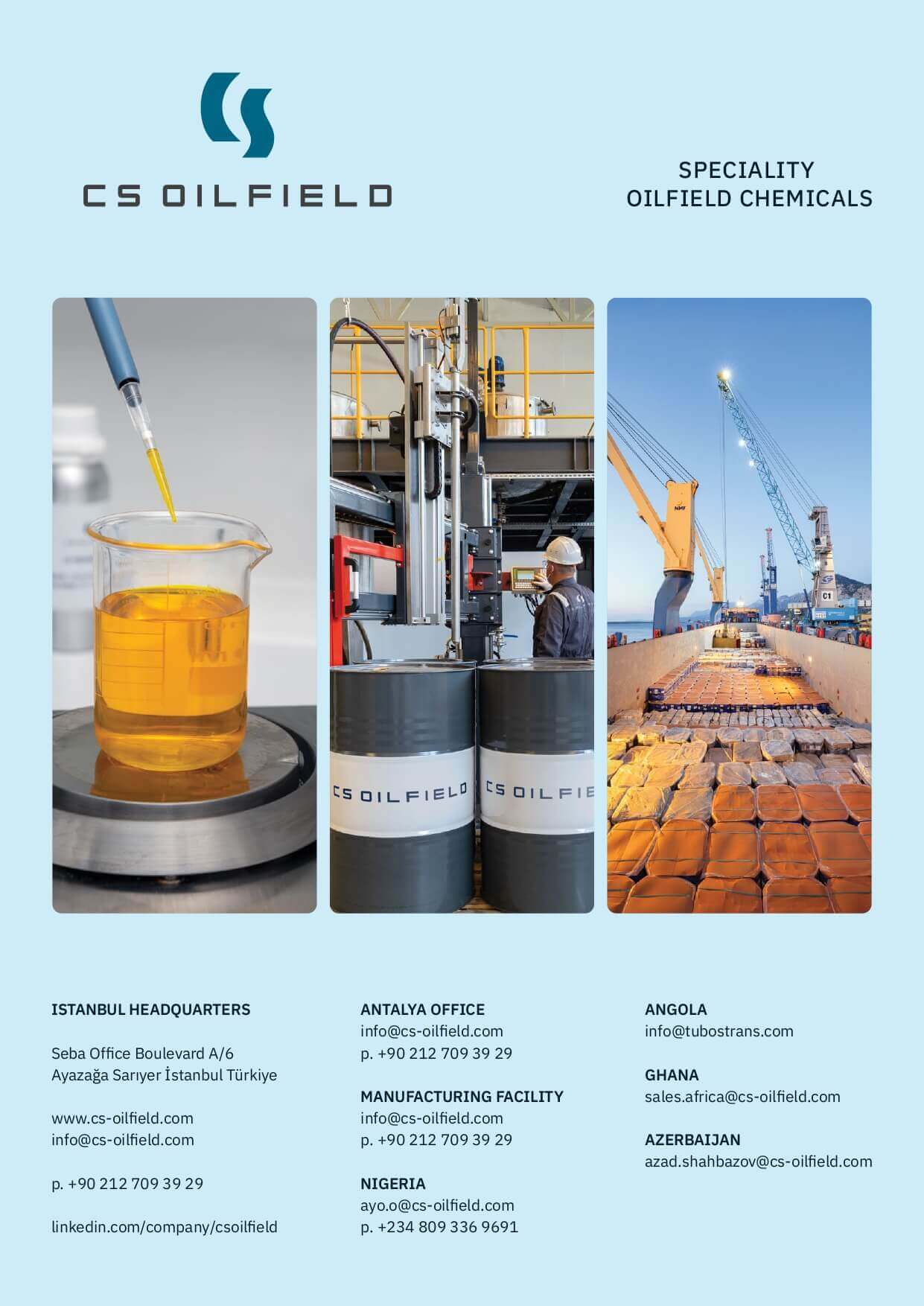The Inaugural Finance & Investment Conference at ADIPEC 2024, the world's largest energy event, concluded today with an emphasis on the necessity of accessible, available, and affordable capital to accelerate a secure, equitable and sustainable energy transition.
The conference provided a vital platform for multilateral stakeholders from the Global North and South, including top financiers, policymakers, and energy executives, to unite and explore sustainable and innovative finance structures critical for a pragmatic and inclusive energy future.
While collaborative initiatives like the UAE Leaders' Declaration on a Global Climate Finance Framework seek to mobilise capital and reduce investment risk, challenges remain, such as high borrowing costs, investment risks, lack of creditworthy off-takers, and regulatory uncertainty in developing economies. Conference panelists from IRENA, MUFG, Houlihan Lokey and Amundi agreed that the global energy community must address these issues to attract and secure essential funding.
Gurbuz Gonul, Director, Country Engagement and Partnerships, IRENA, said: "Regional discrepancies in funding energy transition projects pose significant challenges. Developing countries face tougher financing terms, undermining the affordability of technology deployment. While governments should play a part in creating conducive investment environments, we also need to see how we can provide financing in better terms to reduce this gap. We are currently largely relying on bilateral climate finance; however, philanthropy is increasingly becoming a new player in the game."
Elsewhere at the conference, senior executives from Bank of America, Abu Dhabi Investment Authority, OMV and Fertigro, convened for a critical panel session titled "Bridging the gap: energy and financial cross-sector collaboration to advance new projects". The discussion focused on how investors and banks can collaborate with the energy industry to deliver the required investment to ensure the energy transition progresses at the pace and scale needed.
Massimo Falcioni, Chief Competitiveness Officer, Abu Dhabi Investment Authority, highlighted what governments seek in energy projects to prove their bankability: "A major criteria for deciding what projects receive support is the contribution to the local GDP, as we want to create sustainable economic development in Abu Dhabi. Compliance with the ESG environment rules and employment is also important. Whatever we do, we need to do it sustainably."
Building on its 40-year legacy of energy leadership, ADIPEC will also reinforce its commitment to an inclusive energy transformation by gathering diverse voices to find collective solutions through its new one-day Voice of Tomorrow Conference, which takes place tomorrow.

Key topics include opportunities for in-country growth within African nations, what the Global South's energy sector can expect at COP29, the importance of diversity and inclusion in unlocking the energy transition, and how NGOs, IGOs and industry can help communities prepare for a climate-resilient future. Notable speakers represent ADNOC, the Abu Dhabi Sustainability Group, the Economic Research Institute for ASEAN and East Asia, the Oil and Gas Climate Fund, and the Global Impact Coalition.





















